In today’s competitive landscape, staying relevant and driving innovation are essential to the success of any business. One of the most effective ways to ensure your company remains at the forefront of your industry is through continuous education. Whether it’s attending workshops, enrolling in courses, or investing in employee development, continuous learning creates a culture of growth that boosts creativity and drives business innovation.
Continuous Education as a Catalyst for Innovation
Continuous education equips business leaders and employees with the latest knowledge, enabling them to apply new techniques and ideas. A study published on ResearchGate highlights that lifelong learning and investments in employee development can significantly enhance both productivity and performance (ResearchGate, 2023). With new technologies, processes, and industry standards emerging rapidly, ongoing training ensures that your business doesn’t fall behind.
Innovation through Lifelong Learning
Companies that foster a learning environment are more likely to innovate. As emphasized by an article from Harvard Business Review, lifelong learning benefits not only professional growth but also contributes to improved social engagement and greater financial success (Harvard Business Review, 2017). When your team is up-to-date on the latest industry trends, they are more equipped to think creatively and approach problems from new angles.
Key Benefits of Continuous Education:
Fostering a culture of continuous learning offers multiple advantages that extend beyond individual growth. For businesses, this means enhanced team performance, greater adaptability, and the ability to innovate effectively. Below are some key benefits of continuous education for businesses.
Improved Skill Sets
Regular training allows employees to develop new skills, enabling them to work more efficiently and creatively. This keeps your team competitive and reduces the need for external hires for specialized tasks.
Enhanced Problem Solving
Learning encourages employees to think critically. With new knowledge, they can tackle challenges in innovative ways, creating solutions that might not have been considered previously.
Increased Adaptability
In an ever-changing business environment, the ability to adapt is key. Continuous learning helps your team stay flexible, ready to meet new challenges head-on.
Better Retention and Recruitment
Employees are more likely to stay with a company that invests in their personal and professional development. Offering continuous education can boost job satisfaction, resulting in better retention and the ability to attract top talent.
Incorporating these benefits into your business strategy can lead to more innovative solutions, better employee satisfaction, and long-term success. Encouraging continuous education positions your company as a forward-thinking leader in its industry.
Networking and Collaborative Learning
Another vital aspect of continuous education is the opportunity for networking. In-person workshops and seminars provide business owners and employees with the chance to collaborate and share ideas with peers. Networking at these events not only leads to personal growth but also brings fresh perspectives back to your business.
Real-World Example: Northwest Auto Care Alliance (NWACA)
A perfect example of an organization that champions continuous education is the Northwest Auto Care Alliance (NWACA). NWACA offers its members extensive management and technical training programs, helping automotive businesses stay ahead of the curve. Through in-person events such as the Automotive Training Expo, members can attend seminars that enhance their skills and gain access to the latest industry tools.
NWACA’s commitment to lifelong learning provides a competitive edge for its members, giving them the resources to innovate within their industry. By fostering a culture of continuous education, NWACA helps automotive repair businesses remain industry leaders.
Taking the First Step
Investing in education for your business doesn’t have to be complicated. Start by identifying areas where additional training or new skills are needed, and look for industry-specific resources. Whether you focus on in-person workshops, online courses, or employee development programs, the key is to create a culture that values learning.
Conclusion: Continuous Education = Business Innovation
Incorporating continuous education into your business strategy not only enhances your team’s skills but also positions your company for long-term success. As industries evolve, companies that prioritize learning are the ones that stay ahead of the curve. By investing in your team’s growth, you are investing in the future of your business.
Ready to take the next step in your business’s development? Explore educational opportunities with organizations like NWACA to keep your business at the forefront of innovation!





